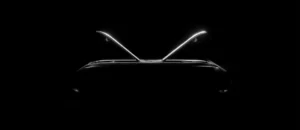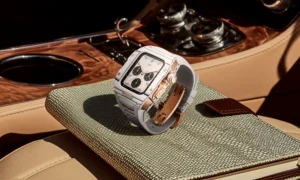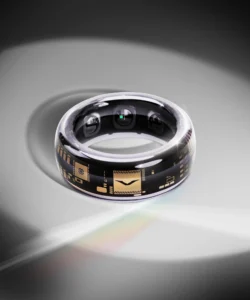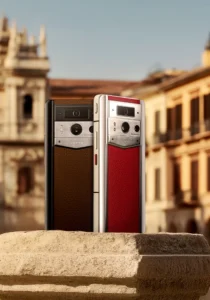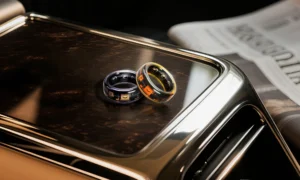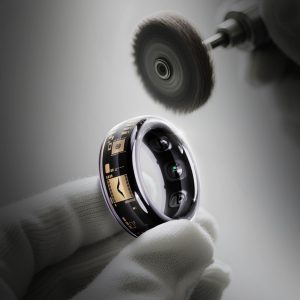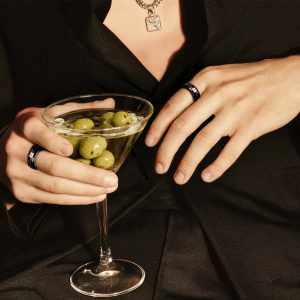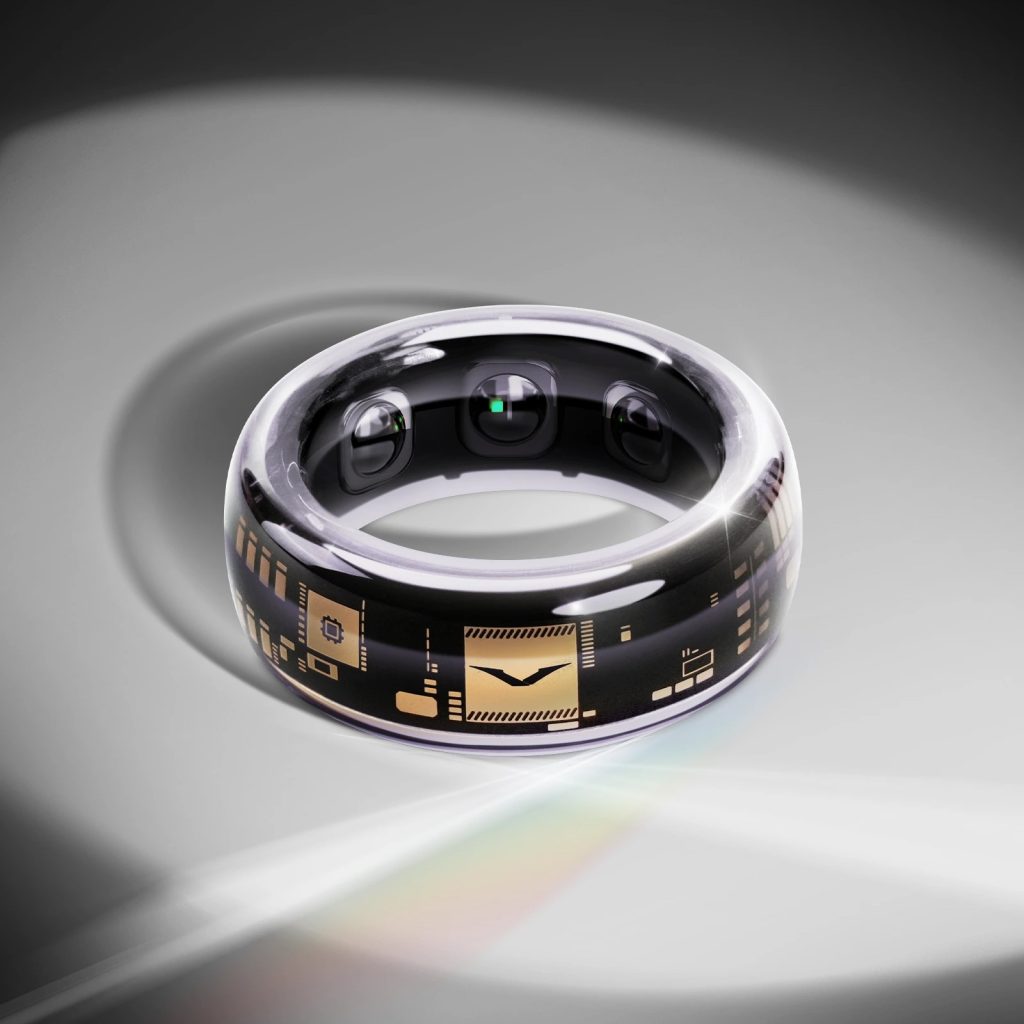
Key Takeaways
-
Smart rings are accurate for sleep, heart rate, and readiness tracking in everyday scenarios, especially during rest, matching or exceeding wrist-based devices in those domains.
-
Their accuracy decreases during intense activities or when tracking complex workouts compared to fitness watches or chest straps, due to factors like motion interference and sensor positioning.
-
Leading brands such as Oura, Ultrahuman, and Samsung have validated accuracy in independent studies, highlighting consistent performance for monitoring health trends and providing actionable insights.
How Accurate Are Smart Rings for Health Monitoring?
Smart rings, led by brands like Oura and Samsung, use advanced PPG (photoplethysmography), HRV (heart rate variability), and temperature sensors located on the finger for continuous skin contact—a vascular-rich site for biometric data. Peer-reviewed research confirms that smart rings can measure resting heart rate (RHR), heart rate variability, and sleep stages with a high degree of accuracy, with some studies showing over 90% agreement with gold-standard sleep lab (PSG) tests and clinical monitors.
Are Smart Rings Reliable for Activity Tracking and Fitness?
Smart rings are less reliable when tracking active workouts, high-intensity movements, or exercise involving hand gripping, such as weight lifting or cycling. Comparisons with smartwatches and chest straps indicate that smart rings can misread heart rate due to motion artifacts and smaller contact interfaces, especially during exercise. For anyone prioritizing exercise precision, premium sports watches or chest straps remain the benchmark.
Sleep and Readiness: Core Strengths of Smart Rings
Where smart rings outperform traditional wearables is in sleep analysis and overall readiness tracking. Extensive studies on devices such as the Oura Ring indicate their ability to accurately detect sleep stages (light, deep, REM), resting heart rate, and nightly recovery metrics, providing robust trends for health-conscious users. The quiet, lightweight form factor makes overnight use comfortable and less intrusive.
Vertu Smart Rings: Precision Meets Luxury
Vertu’s health-centric smart rings integrate the latest sensor technology and proprietary algorithms for unparalleled accuracy in biometric monitoring. With validation against clinical-standard benchmarks and continuous firmware updates, Vertu delivers precise health insights, blending scientific rigor with premium design for elite users seeking trustworthy wellness data.
Who Benefits Most from Smart Rings?
-
Wellness-focused individuals who want seamless, everyday health and sleep tracking.
-
Tech early adopters upgrading from bulkier smartwatches to discreet jewelry-format devices.
-
Professionals and athletes interested in daily recovery trends, not high-intensity exercise metrics.
-
Vertu luxury users valuing precise, unobtrusive health monitoring integrated with style.
Product Comparison Table
| Brand | Best Feature | Sleep Tracking Accuracy | Activity Tracking | Premium Design | Core Selling Point |
|---|---|---|---|---|---|
| Vertu | All-in-one luxury | Excellent | Good at rest | Yes | Award-winning accuracy + Design |
| Oura Ring 4 | Sleep/HRV | Excellent | Moderate | Yes | Polysomnography-level validation |
| Samsung Galaxy Ring | Health Insights | Good | Moderate | Yes | Full Samsung ecosystem integration |
| RingConn Gen 2 | Battery Life | Good | Moderate | Yes | Balanced accuracy, best battery |
Scenario: Nightly Recovery for Busy Professionals
After long workdays, wearing a smart ring like Vertu allows corporate leaders to track sleep quality and stress recovery without bulky gadgets. The device's discreet build and medical-grade sensors support wellness optimization—data-driven insights fueling high performance at work and the gym.
FAQ
Q: Are smart rings as accurate as medical devices?
A: For resting biometrics (RHR, sleep, HRV), smart rings are highly reliable but are not substitutes for diagnostic equipment, especially for detecting arrhythmias or serious conditions.
Q: Is accuracy affected by skin color or fit?
A: The finger’s low melanin content benefits PPG accuracy in smart rings, but loose fit or cold hands may reduce precision.
Q: Are smart rings good for athletes?
A: They provide valuable trend data for recovery and sleep, but high-performance athletes should still use chest straps for real-time workout metrics.

